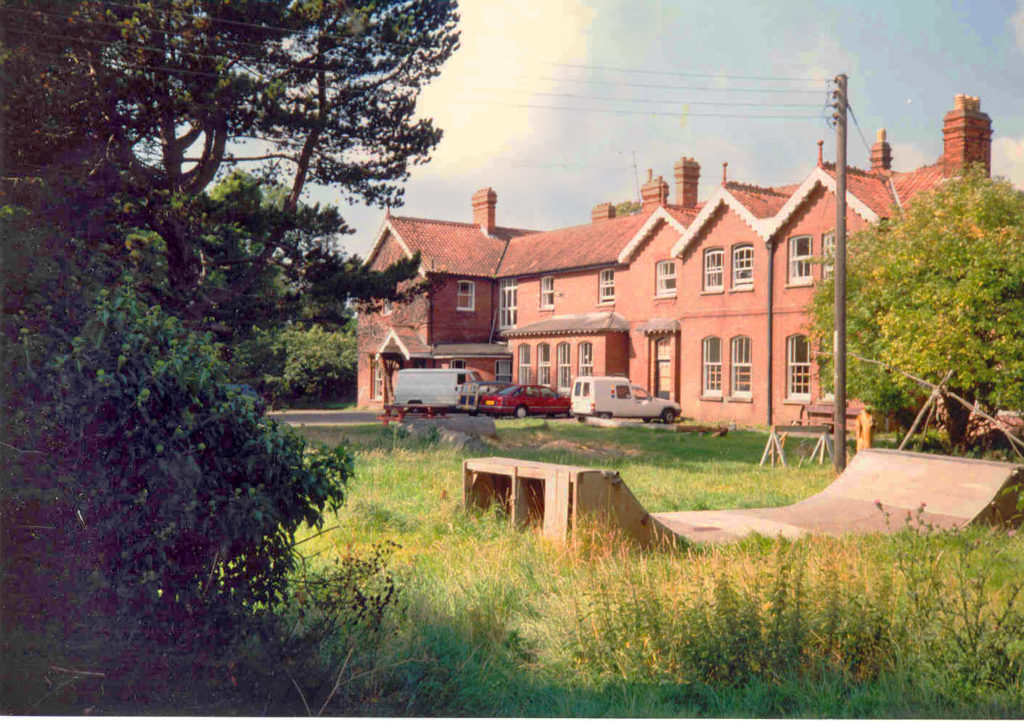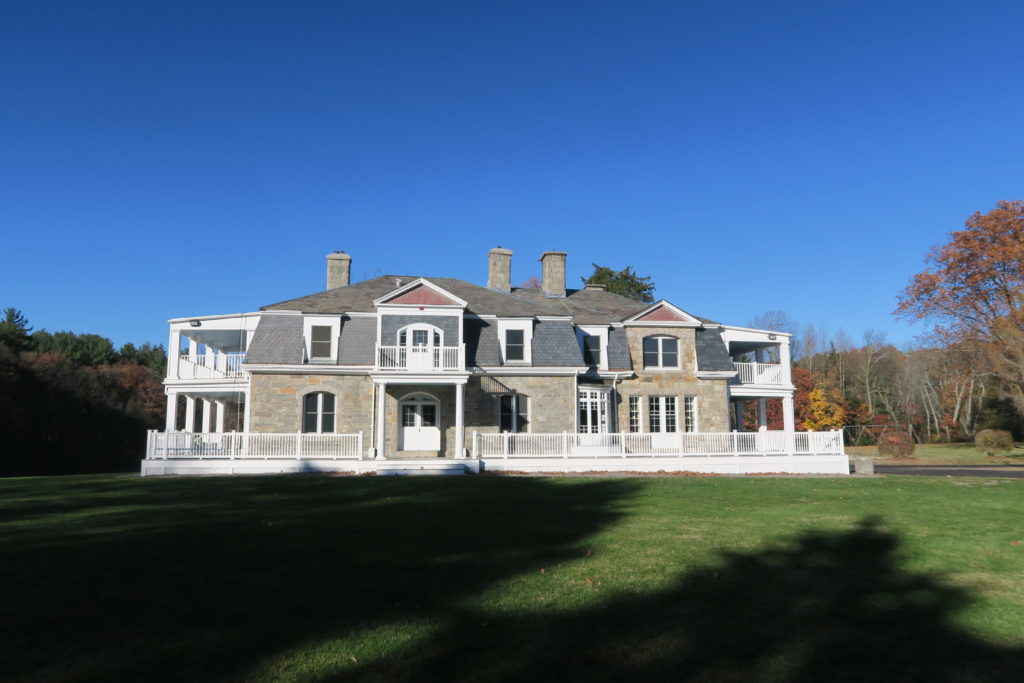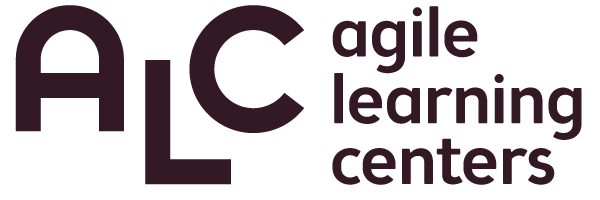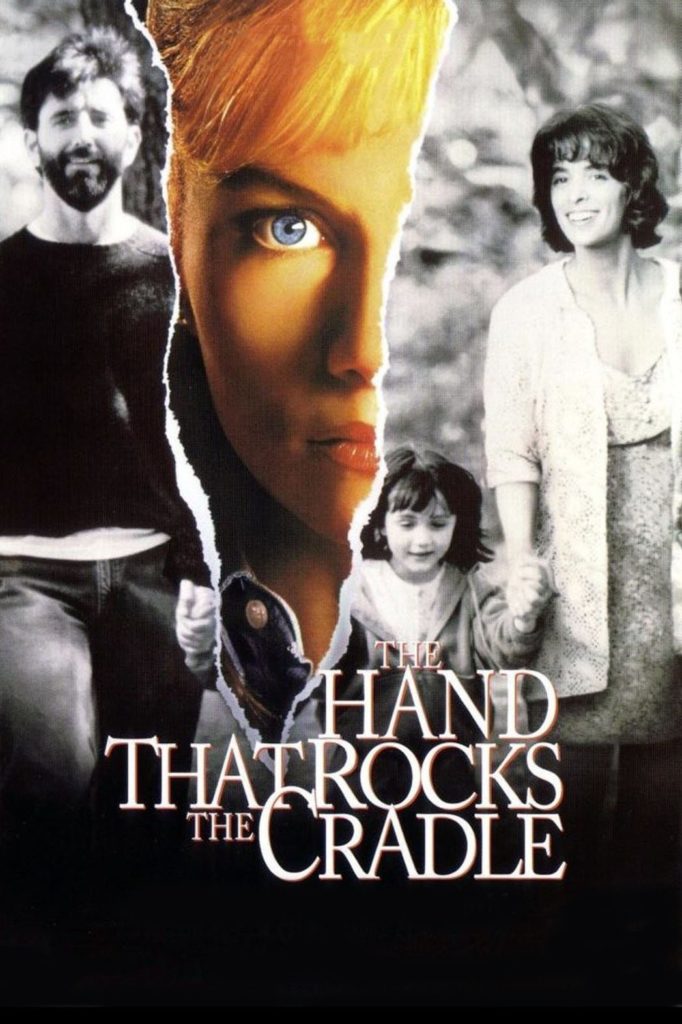Democratic and Self-Directed Education
Schools and learning communities which are founded upon the principals of democracy and self-directed education (SDE) have been around for over 100 years.
The terminology and definitions vary from place to place as each one is unique and there is no defining model that they all follow.
Academic, researcher and activist, Max Hope, in her book ‘Reclaiming Freedom in Education’, describes these settings as Radical Free Schools, reinforcing the view that schools should offer more freedom to children and young people. Their values and principals are based on equality. She states, “Everyone is free to participate. Everyone is free to make choices. No one is disadvantaged because they are older or younger, child or adult.”
The educational approach taken at these settings is usually described as Democratic or Self-Directed, although many will encompass both approaches to varying degrees.
On the whole they do not follow a teacher-directed curriculum, although democratic community, Summerhill does offer a timetable of subjects. (The crucial defining feature of A.S. Neill’s Summerhill School is that students have the freedom to decide which classes they sign up to, and whether they attend or not.)
Democratic Education
Whilst lessons in Citizenship and Democracy can be taught in mainstream education, democratic schools are founded upon the idea that these skills are better acquired in practice. This is important, given the increasing global concerns about the alienation of children and young people from political processes and from communities (Hope, 2018).
Children and young people in democratic schools, whatever their age, have autonomy and are trusted to collaboratively make decisions about how the community is run. Different settings have different mechanisms for facilitating this, but often there is an all-school meeting where decisions and rules are made. (These meetings are sometimes referred to as ‘circles’, reinforcing the idea that everyone is equal and free from hierarchy.) Everyone is given the opportunity to speak and be heard. Some also have a judicial committee to enforce rules and deal with conflicts.
You can read more about why democracy (and mutual respect) is so important in an educational setting and why many people feel dissatisfied with how this is realised in state education here.
The following film shows how the judicial committee works at Fairhaven School, which is a democratic ‘Sudbury’ school in the US:

The oldest democratic school in the world today is AS Neill’s Summerhill School in Suffolk, England. Established in 1921, it has been the inspiration of many of the newer democratic settings.
Summerhill is a community of around 75 students, aged 5-17 years. It offers a wide range of subjects up to GCSE level. Their website states:
“If society were to treat any other group of people the way it treats its children, it would be considered a violation of human rights. Today many educationalists and families are becoming uneasy with this restrictive environment. They are beginning to look for alternative answers to mainstream schooling. One of these answers is democratic or ‘free’ schooling.
The important freedom at Summerhill is the right to play. All lessons are optional. As well as the structured timetable, there is free access to art, woodwork and computers. There are also open areas where pupils not in classes can hang out, amuse themselves, socialise, play games, be creative etc. Adults are not there to create things for the children to do. They need to create things for themselves.”
Summerhill School
Several books have been written about Summerhill if you want to find out more (see book list towards the bottom of this page), and here is a link to their interactive website celebrating Summerhill’s centenary and the inspirations AS Neill has given the world of education. They are holding the Summerhill Festival of Childhood in August 2022, which looks set to be an inspirational, historic event. You can find more details in our events directory.
There’s one other school in the UK which operates in a similar way to Summerhill, and that’s Sands School in Devon. Founded in 1987, Sands offers “child-centred teaching in small classes with a democratic ethos that fosters trust, mutual respect and self-directed learning”. You can find out more about the school in this short film which was made by a former pupil when he was a teenager:
Summerhill and Sands are registered schools which operate five days a week. Other democratic and self-directed settings operate as “learning communities” and offer part-time hours (usually two or three days a week) for home educated students.
Self-Directed Education
In the short film below, founding board member of the Alliance for Self-Directed Education (ASDE), Akilah S. Richards outlines how SDE communities operate on the premise that children should be free to learn whatever they want, and they should be supported in discovering and diving into that process. Some children may read books and initiate group projects. Others might play outside or prefer to be alone or with one other person. All of that is allowed and respected. She says that, as facilitators in these settings, the responsibility is simple – to trust children and to help them develop and manage their own educational paths:
“We do not decide what children should learn. We tap into the rich resources in local communities and digital communities and we provide safe space for children to actively decide how to mine information, to set and meet the goals that they choose for themselves.”
Richards explains that a child immersed in SDE may take classes, or may simply connect with people in their community, or use the digital space to connect with people and with classes, if they choose. The main thing is that they get to choose. She states that, through years of extensive research and observations, it is understood that learning is a continuous process, and that informal or spontaneous learning is often more effective than formal learning.
According to the ASDE, self-directed education works best when the following six conditions are met:
- There is an expectation that education is the children’s responsibility.
- Unlimited time to play, explore, pursue one’s own interests, get bored and overcome boredom.
- Opportunities to play with the tools of the culture.
- Access to a variety of caring adults, who are helpers, not judges.
- Mixed age groups.
- Immersion in a stable, supportive, respectful community.
You can read more about this on the ASDE website here: The Six Optimizing Conditions for SDE
You can read about why self-directed education (SDE) is so important and why many people feel dissatisfied that there is so little of it in our state schools here.
Three Principals Shared by the Democratic and SDE Approaches
1. Self-Governance
Schools and learning communities which follow a democratic/SDE approach tend to be (to varying degrees) self-governing. Some are democratic and make their decisions by majority vote, where the youngest child has the same voting power as the adults.
This blog post from East Kent Sudbury shows how decisions are made via their community meeting:
https://eastkentsudburyschool.org.uk/democracy/the-school-meeting/
Others practice sociocracy, which works towards the best interests of the group as a whole rather than the majority. Sociocracy uses the idea of consent vs objection, and discussions will continue until everyone’s objections have been resolved.
You can watch this short film about sociocracy to see how it works in practice:
This next film shows the trailer from a film called School Circles, which illustrates the practice of sociocracy in democratic schools in the Netherlands. It shows students, teachers and staff members coming together to discuss proposals, mediate conflicts and make decisions about their school life.
You can download the film in full at www.wonderingschool.org
2. Equality
With these educational approaches, the students and staff are seen as equals. The adults are sometimes referred to as ‘facilitators’ rather than teachers and everyone has an equal right to a voice. The students have a say in what they learn, when they learn it and how their school is run.
3. Freedom
In her book, Reclaiming Freedom in Education, Max Hope makes the distinction between freedom from and freedom to.
Students in these learning environments are offered a freedom from compulsory lessons, coercive disciplinary systems, homework, uniforms, competitive testing, age and ability grouping, a ‘them-and-us’ culture, arbitrary rules, standardised curriculum, a focus on academic subjects, and the fear of making mistakes.
As a result, young people experience a freedom to make decisions, make choices, take responsibility, be themselves, be creative, belong, and engage meaningfully in learning.
The daughter of Peter Hartkamp, author and founder of a Dutch democratic school made the following comparison when they were driving past a conventional state school:
“This is a school for battery kids. We are the free-range kids.”
A self-directed student
However, freedom in these settings is not without boundaries. The approach isn’t entirely child-led as children don’t have complete control over all decisions. They mustn’t cross the line by negatively impacting upon another child’s learning experience, and therefore compromising someone else’s freedom. Individuals must consider the good of the community and its collective interests, as well as their own.
Democratic Education and Education Cities
In this film, Yaacov Hecht, author of the book Democratic Education and co-founder of Hadera Democratic School in Israel, the International Democratic Education Conference (IDEC) and Education Cities, introduces us to the core principles of democratic education and his vision of building ‘education cities’.
“Most countries call themselves democratic. We need to change the paradigm of education. School needs to be a microcosm of a democratic society.
The curriculum and content we teach is based on human rights – the rights of the student, the rights of women, the rights of minorities.
It’s growing very fast, something like over 2,000 democratic schools in the world. Citizens understand that their children need a different education.
Israel is the first country to recognise democratic education as an official movement. In Israel every citizen can choose to send their kids to democratic schools. More and more governments are understanding this today – democratic counties must have democratic education.
You cannot give one kind of education to all the kids. Countries need to give options of education, and it needs to be free. We are at the beginning of a big movement in the world that will change everything.”
Yaacov Hacht
Sudbury Schools – a Democratic, Self-Directed Approach

Credit: John Phelan, 2016
The US Sudbury Valley School, founded in 1968, is an example of an educational setting which follows both the democratic and self-directed approaches.
The founding group of parents and educators – which included author and professor, Daniel Greenberg – had a clear vision of “the individual freedom needed by children to flourish, and of a community governed equally by all its members”:
“We respect the ability of every student, regardless of age, to plan and carry out their daily activities. We do not encourage students to follow particular paths, nor do we provide assessments of their performance.
Rules to protect individual liberty are made by all community members through the School Meeting, and the social order is protected by a peer judicial system.”
Sudbury Valley School
There are now over 35 Sudbury-inspired schools across the world, and the first one to open in the UK, East Kent Sudbury (EKS) is listed in our directory. You can read a case study from EKS founder, Kezia Cantwell-Wright in our Voices from the Sector section.
The following documentaries give you a flavour of the educational approach taken in Sudbury schools:
Several books have been written about Sudbury Schools if you want to find out more (see book list towards the bottom of this page).
Agile Learning Centres

Another model of combined democratic/SDE education is the international network of education providers known as Agile Learning Centres. Their model is based on four assumptions:
- Learning: Learning is natural. It’s happening all the time.
- Self-Direction: People learn best by making their own decisions.
- Experience: People learn more from their culture and environment than from the content they are taught.
- Success: Accomplishment is achieved through cycles of intention, creation, reflection and sharing.
Four Challenges of Democratic and Self-Directed Education
1. Fees are usually charged.
Many of the schools and learning communities in our directory aspire to eventually being accessible to all, but without government funding this is currently a challenge. However, many offer a sliding scale fee structure, whereby parents only pay full fees if they can afford them.
2. They are not full-time.
With the exception of a few – such as Summerhill School, Sands School and Self Managed Learning College – they tend to only run two or three days a week.
3. They are small in scale.
These communities are deliberately small in scale which is part of the reason for their success. There are drawbacks though, including:
- There can be waiting lists.
- There may or may not be children who your child gets on with.
- A ‘big personality’ could impact the whole community which potentially could pose challenges. However, with the democratic conflict resolution strategies that these settings have in place, the challenges faced should be minimal.
4. They are few in number.
There aren’t many education providers which offer SDE/democratic education, which means parents sometimes have to drive long distances to get there, and there can be long waiting lists.
Future Prospects for Students
The philosophy of SDE/democratic education may sound wonderful in theory, but parents can feel nervous doing something unconventional when it comes to something as important as their children’s education. This is exactly how Dr Peter Gray – psychologist, author and co-founder of the ASDE – felt when his 10-year-old started at US democratic school, Sudbury Valley.
Dr Gray could see straight away how the school made his son happy, but he had some concerns and questions:
- Might he be narrowing his son’s future options?
- Would he be able to go to college?
- Might certain career paths be cut off?
Despite the reassurances from staff members and parents of former students, as a scientist and conscientious parent he was not fully satisfied. To address his concerns, Dr Gray conducted a systematic study of the schools’ graduates, with fellow researcher, David Chanoff. The results which were published in the American Journal of Education in 1986 found that:
- 75% of graduates went on to higher education.
- Those who pursued higher education reported no
difficulty getting into schools of their choice. - Graduates were remarkably successful in finding
employment that personally interested them. - They had gone on to a wide range of careers that
are valued by our society.
Since Gray and Chanoff’s research, Sudbury Valley School itself has conducted several studies of graduates, which have been published as books (see reading list below). All of the studies have shown that the school works very well as an educational institution. Dr Peter Gray reports that graduates of Sudbury Valley School today can be found working as skilled craftsmen, entrepreneurs, artists, musicians, scientists, social workers, nurses, doctors, and so on. And importantly, former students report that they are happy with their lives. He says:
“They are almost unanimous in reporting that they are glad that they attended Sudbury Valley, and in believing that the school prepared them better than a traditional school would have for the realities of adult existence.”
Dr Peter Gray
You can read an account – in our Voices from the Sector section – by an East Kent Sudbury (EKS) student, who transferred from a mainstream secondary school. She says:
“Coming to EKS is the best decision I have ever made. I never would have had the confidence to speak out like this, unless I had come here. I know that when I leave, I’ll be properly prepared for life as an adult.
I feel like myself again and it’s as if I’d been holding my breath this whole time and now I can finally breathe again.”
Izzi, East Kent Sudbury
Here is a film which illustrates how this approach can lead to positive outcomes for young people. It shows students taking responsibility for their own learning at the Self Managed Learning College in Brighton:
Democratic/Self-Directed Education Directory
You can search our directory to find some of the UK’s democratic/SDE schools and learning communities.
For simplicity, we have put them together as one category but some schools will lean more towards democracy, others will focus on self-direction. Some will encompass both approaches. We recommend contacting providers individually if you wish to learn about their own unique approach.
Voices from the Sector
You can read some of our interviews with people who work in democratic/self-directed education.
Notable and Famous Faces from the Democratic/SDE Community
British singer/songwriter, actress, TV presenter and political activist, Charlotte Church, has recently founded The Awen Project, a democratic school in Wales.
You can watch this short film to find out more:
In the following film Charlotte Church talks to Phil George, Chair of the Arts Council of Wales about how the arts are essential for creating a vibrant democracy. Charlotte also touches upon the democratic school she has set up.
Summerhill Alumni

Graduates from Summerhill School, include actress, Rebecca de Mornay (Risky Business, 1983; The Hand that Rocks the Cradle, 1992);
Children’s author and illustrator, John Burningham;
Artist, author and professor of architecture, Keith Barry Critchlow;
Rock album cover designer and music video director, Storm Thorgerson (he designed covers for Led Zeppelin, Pink Floyd, the Scorpions, Black Sabbath, Genesis);
Record producer, Gus Dudgeon (he produced many of Elton John’s most acclaimed recordings).
Books About Democratic/Self-Directed Education
Changing Our Minds: How children can take control of their own learning, by Dr Naomi Fisher
Another Way is Possible – Becoming a Democratic Teacher in a State School, by Derry Hannam (You can read a review of this book here.)
Self Managed Learning and the New Educational Paradigm, by Ian Cunningham
Unschooling: Exploring Learning Beyond the Classroom (Palgrave Studies in Alternative Education), by Dr Gina Riley
Reclaiming Freedom in Education: Theories and Practices of Radical Free School Education, by Max Hope
Free to Learn, by Peter Gray
School’s Over: How to have Freedom and Democracy in Education, by Jerry Mintz
Summerhill School: A New View of Childhood, by AS Neill
After Summerhill: What happened to the pupils of Britain’s Most Radical School? by Hussein Lucas
Free at Last: The Sudbury Valley School, by Daniel Greenberg
The Pursuit of Happiness, by Daniel Greenberg, Mimsy Sadofsky & Jason Lempka
Free School Teaching: A Journey to Radical Progressive Education, by Kristan Accles Morrison
Real Education: Varieties of Freedom, by David Gribble
Learning is Natural, School is Optional.: The North Star approach to offering teens a head start on life, by Kenneth Danford
Democratic Education, a Beginning of a Story, by Yaacov Hecht
Useful Websites
www.self-directed.org – The Alliance for Self-Directed Education
www.suitable-education.uk – Created by home educators in the UK. Provides an evidence base for self-directed education.
www.ideconline.org – Website for the annual International Democratic Education Conference (IDEC)
Democratic Education Podcast – Podcast by IDEC founder and democratic school founder, Yaacov Hecht.
www.idenetwork.org – International Democratic Education Network (IDEN)
www.eudec.org – European Democratic Education Community (EUDEC)
www.adec.edu.au – Australasian Democratic Education Community (ADEC)
www.apdec.org Asia Pacific Democratic Education Conference/Community (APDEC)
www.desc-project.eu Democratic Education in Schools (DESC)
Books About Sociocracy
Sociocracy: The Organization of Decision-Making, by Gerard Endenburg
Sociocracy as Social Design, by Gerard Endenburg
We the People: Consenting to a Deeper Democracy, by John Buck & Sharon Villines
Sociocracy: democracy as it might be, by Kees Boeke
The Creative Forces of Self-Organization, by John Buck & Gerard Endenburg
Many Voices, One Song: shared power with sociocracy, by Ted Rau & Jerry Koch-Gonzalez
Useful Sociocracy Websites
www.wonderingschool.org – Wondering School is an independent research project that investigates and encourages the practice of a liberating education.
https://sociocracyforall.org/ – Sociocracy For All (SoFA) is a non-profit organisation “bringing sociocracy to the world”.
Democratic/SDE Facebook Groups
Progressive Education – Our supportive forum discussing progressive approaches to education (including democratic/self-directed education), and why they are so important for the 21st century.

